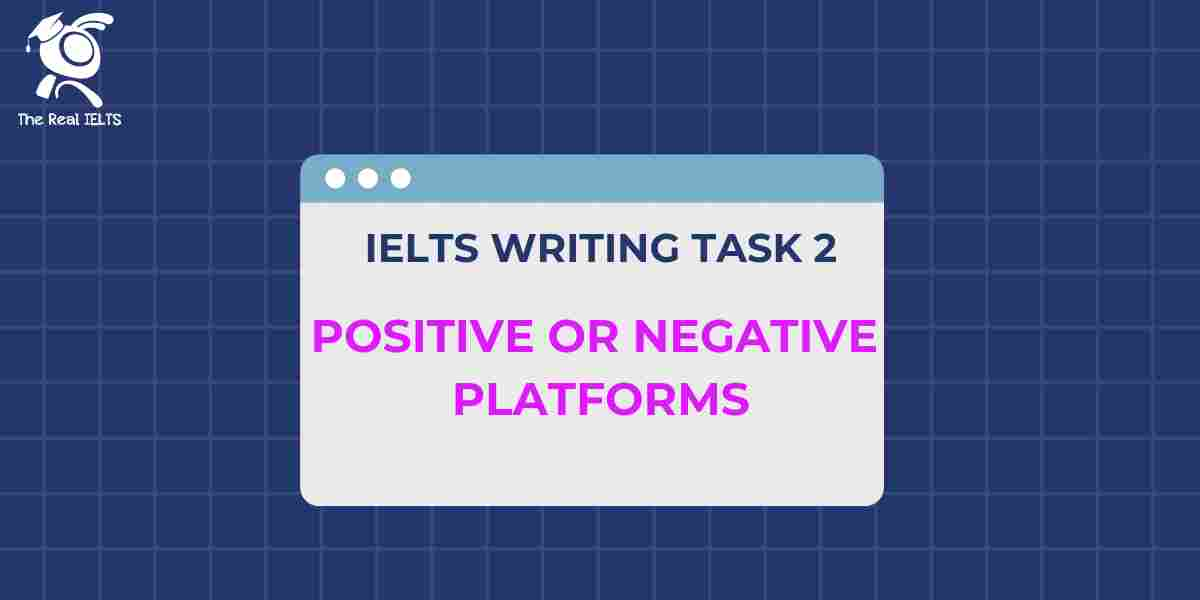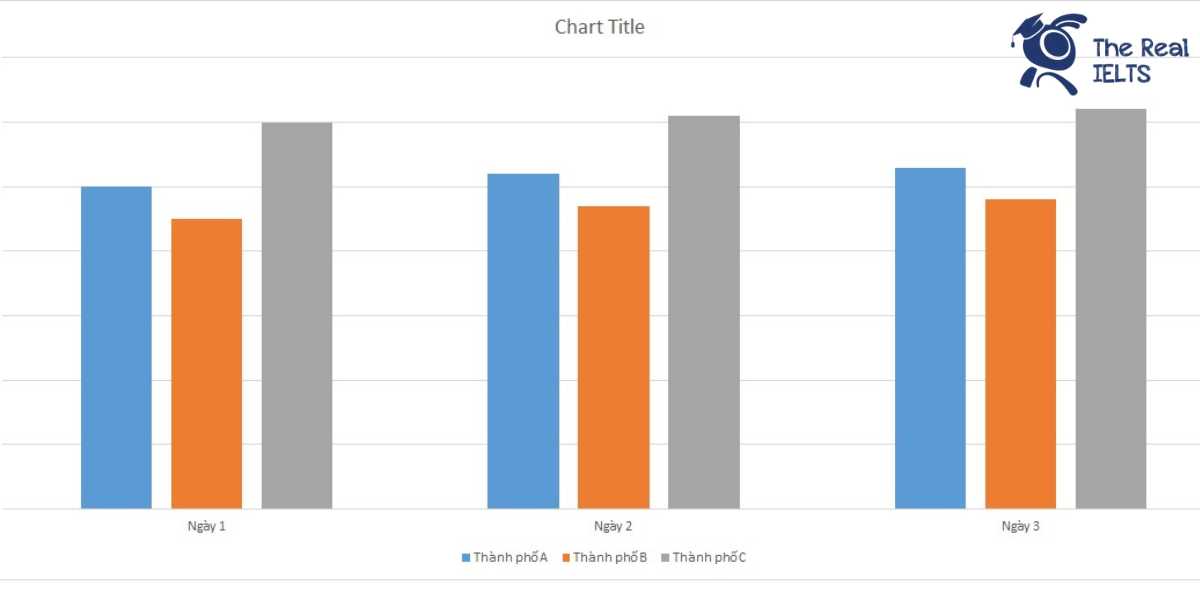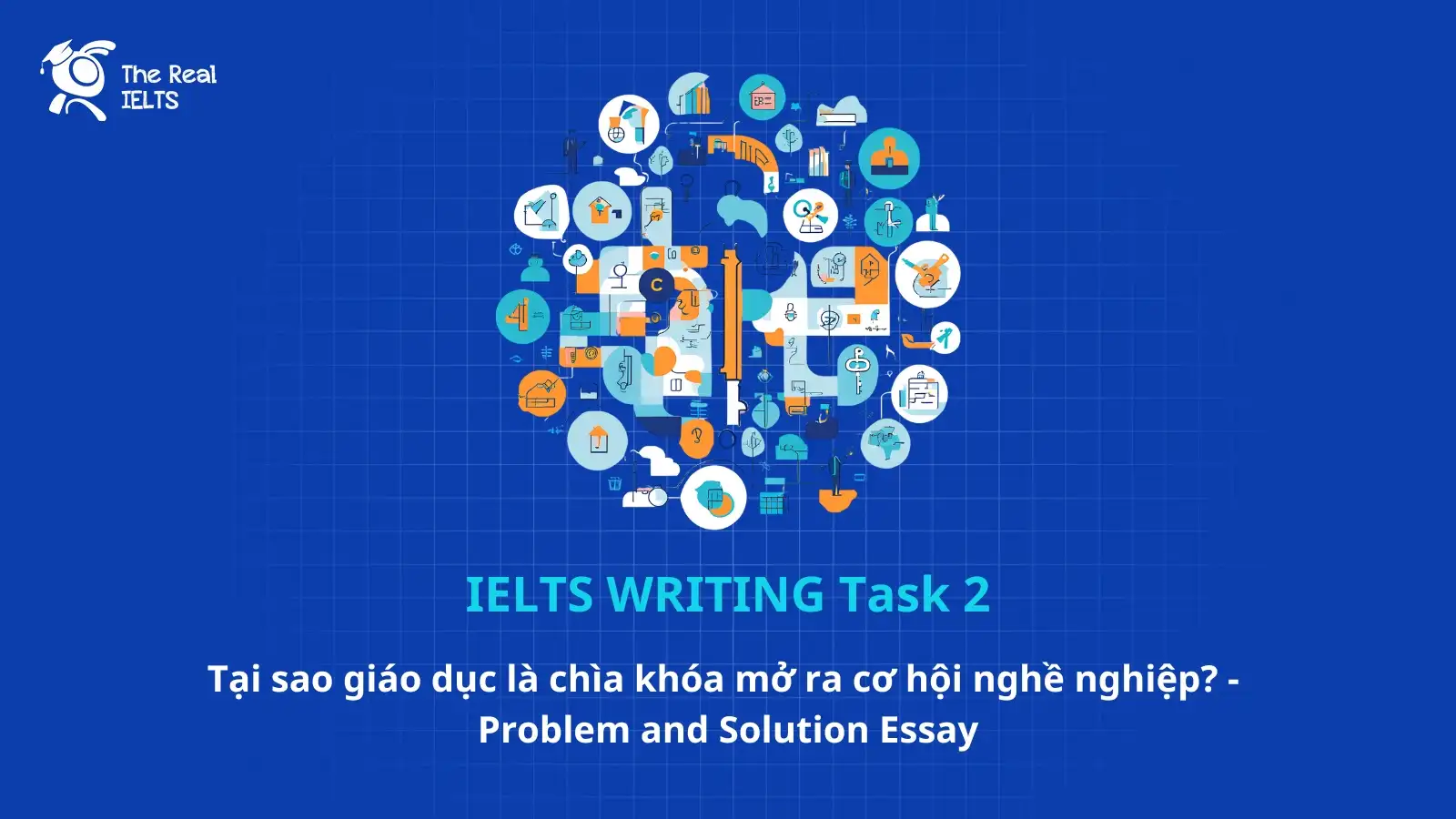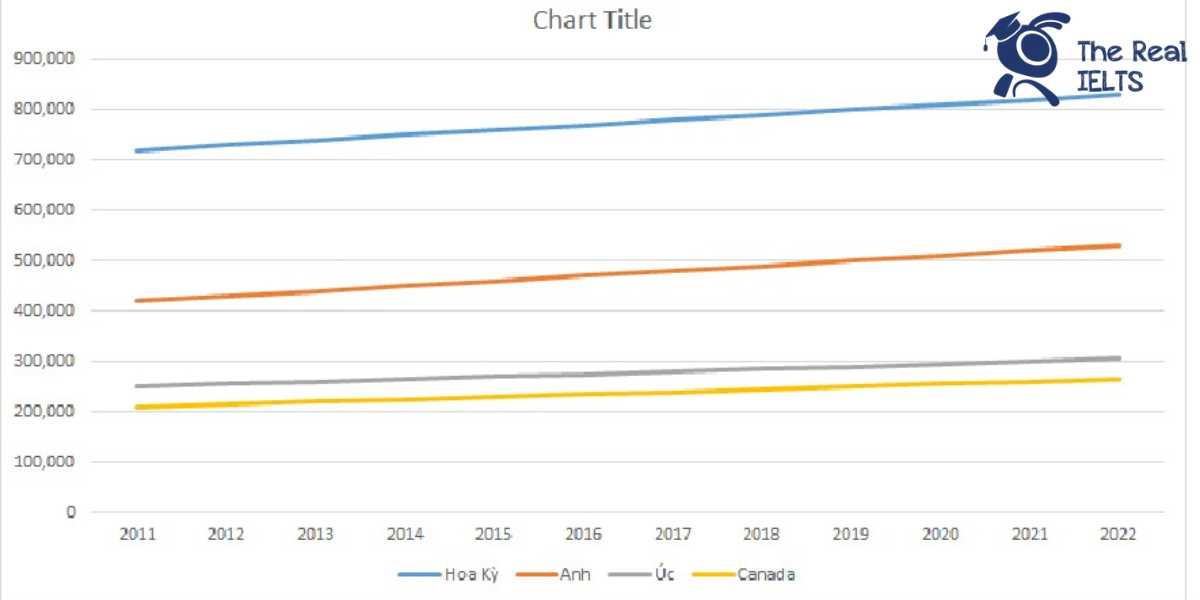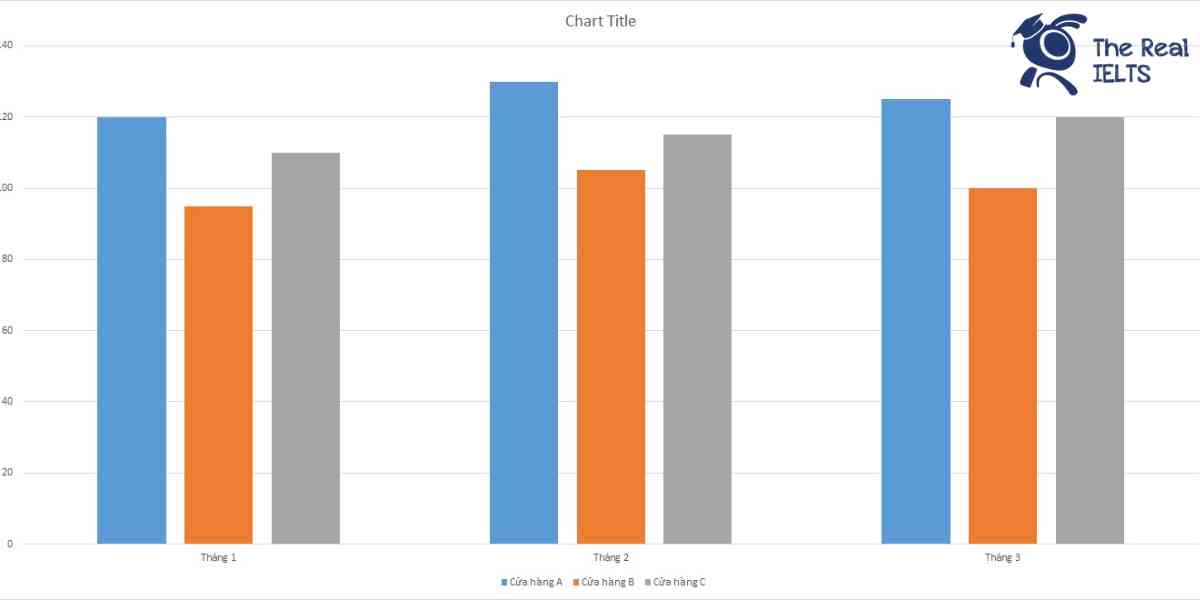Trợ động từ, còn được gọi là auxiliary verbs, là những động từ không thể đứng độc lập mà thường đi kèm với động từ chính để tạo thành câu hoàn chỉnh. Chúng giúp câu thể hiện rõ hơn về thời gian, ý nghĩa, hay thái độ của người nói. Các trợ động từ phổ biến trong tiếng Anh bao gồm: be, do, have, và các modal verbs như can, may, must, shall, will, v.v.
Học bài cũ: So sánh hơn và so sánh nhất (Comparative and Superlative) và 100 bài tập.
Phân loại trợ động từ
a. Trợ động từ chính (Primary auxiliary verbs)
Be, do, và have là ba trợ động từ chính, đóng vai trò quan trọng trong việc hình thành các thì và cấu trúc câu hỏi, phủ định.
- Be: Được dùng để tạo thì tiếp diễn (continuous) và câu bị động (passive).
- Ví dụ: I am studying English (Tôi đang học tiếng Anh).
- Do: Dùng trong câu hỏi, câu phủ định và nhấn mạnh.
- Ví dụ: Do you like coffee? (Bạn có thích cà phê không?).
- Have: Sử dụng để tạo thì hoàn thành (perfect tense).
- Ví dụ: She has finished her homework (Cô ấy đã hoàn thành bài tập về nhà).
b. Trợ động từ khiếm khuyết (Modal auxiliary verbs)
Can, may, must, shall, will và một số trợ động từ khác là modal verbs. Chúng được dùng để diễn tả khả năng, sự cho phép, nghĩa vụ, hoặc dự đoán.
- Can: Diễn tả khả năng hoặc sự cho phép.
- Ví dụ: I can swim (Tôi có thể bơi).
- Must: Diễn tả sự bắt buộc hoặc dự đoán chắc chắn.
- Ví dụ: You must wear a helmet (Bạn phải đội mũ bảo hiểm).
- Will: Dùng để diễn tả tương lai.
- Ví dụ: I will call you later (Tôi sẽ gọi bạn sau).
Cách sử dụng trợ động từ hiệu quả trong tiếng Anh
Để sử dụng trợ động từ một cách hiệu quả, bạn cần nắm rõ các quy tắc cơ bản:
a. Trợ động từ trong câu hỏi
Trợ động từ luôn đứng trước chủ ngữ trong câu hỏi:
- Ví dụ: Are you coming? (Bạn có đến không?).
b. Trợ động từ trong câu phủ định
Trợ động từ được thêm “not” để tạo câu phủ định:
- Ví dụ: She does not like pizza (Cô ấy không thích pizza).


c. Trợ động từ nhấn mạnh
Trợ động từ cũng có thể được dùng để nhấn mạnh:
- Ví dụ: I do understand your point (Tôi thực sự hiểu quan điểm của bạn).
Các lỗi thường gặp khi sử dụng trợ động từ
Một số lỗi thường gặp bao gồm việc quên sử dụng trợ động từ trong câu phủ định và câu hỏi, hoặc nhầm lẫn giữa các loại trợ động từ. Ví dụ:
- Lỗi không dùng trợ động từ trong câu hỏi: You like coffee? → Đúng: Do you like coffee?
- Lỗi không dùng trợ động từ trong câu phủ định: She not coming → Đúng: She is not coming.
Lợi ích khi nắm vững trợ động từ trong IELTS và các kỳ thi tiếng Anh
Việc sử dụng chính xác trợ động từ không chỉ giúp bạn giao tiếp tiếng Anh lưu loát hơn mà còn cải thiện điểm số trong các kỳ thi như IELTS, TOEIC, hay TOEFL. Trong phần Writing và Speaking, trợ động từ giúp bạn diễn đạt ý tưởng một cách rõ ràng, chính xác và dễ hiểu hơn.
Bài tập
Trợ động từ “be”
Bài tập 1-10: Chia động từ với “be”


- She _______ (be) studying at this moment.
- They _______ (not be) at home last night.
- I _______ (be) very tired after the long journey.
- The cat _______ (be) sleeping when I arrived.
- _______ (be) you going to the meeting?
- It _______ (be) not raining, so we can go out.
- He _______ (be) always on time for work.
- Where _______ (be) the children playing?
- They _______ (not be) interested in that topic.
- We _______ (be) very happy with the result.
Trợ động từ “do”
Bài tập 11-20: Chọn đúng dạng của “do”
- _______ you like coffee?
- She _______ not (do) her homework yet.
- They _______ (do) their best to finish the project.
- He _______ not (do) anything wrong.
- What _______ you usually (do) on weekends?
- _______ she (do) well in the test?
- I _______ (do) a lot of research for this paper.
- Why _______ they not (do) their chores?
- I _______ not (do) yoga every day.
- When _______ you plan to (do) the laundry?
Trợ động từ “have”
Bài tập 21-30: Sử dụng “have” trong câu
- I _______ (have) finished my work.
- She _______ (have) never been to London before.
- We _______ (have) just started the meeting.
- They _______ (have) known each other for years.
- He _______ (have) always liked playing football.
- _______ you (have) any experience in teaching?
- I _______ (have) already seen that movie.
- He _______ (have) not spoken to me since last week.
- _______ they (have) arrived yet?
- The students _______ (have) completed the assignment.
Modal Verbs
Bài tập 31-40: Modal verbs “can,” “could”
- I _______ (can) swim well.
- They _______ (can) not speak French.
- _______ (can) you help me with this task?
- He _______ (could) play the piano when he was young.
- We _______ (can) go out if it stops raining.
- I _______ (could) have done better on the exam.
- She _______ (can) run faster than anyone else in the class.
- He _______ (could) not believe the news.
- _______ (can) you lend me your pen?
- We _______ (could) meet later if you’re free.
Bài tập 41-50: Modal verbs “will,” “would”
- I _______ (will) call you tomorrow.
- She _______ (will) be late for the meeting.
- They _______ (will) not attend the event.
- _______ (will) you go to the party?
- We _______ (will) finish this project by next week.
- He _______ (would) like to join the club.
- She _______ (would) prefer to stay home.
- _______ (would) you help me with this?
- They _______ (will) not agree to the terms.
- I _______ (would) call her, but I’m too busy.
Bài tập 51-60: Modal verbs “should,” “must”
- You _______ (should) see a doctor.
- We _______ (should) study for the exam.
- They _______ (must) finish the report by tomorrow.
- She _______ (should) not worry about the problem.
- I _______ (must) go now.
- _______ (must) we leave early?
- You _______ (should) eat more vegetables.
- We _______ (must) not be late for the meeting.
- _______ (should) I call her now?
- You _______ (must) listen carefully to the instructions.
Mixed Auxiliary Verbs
Bài tập 61-70: Sử dụng nhiều trợ động từ trong câu
- He _______ (be) playing soccer when it started to rain.
- We _______ (do) our homework before dinner.
- I _______ (have) already eaten, so I’m not hungry.
- They _______ (be) not sure what to do next.
- She _______ (can) speak three languages fluently.
- He _______ (have) finished his project by the deadline.
- You _______ (must) take care of your health.
- I _______ (will) see you later this evening.
- We _______ (be) working on the new design all week.
- She _______ (should) have called before coming over.
Dạng phủ định
Bài tập 71-80: Chuyển câu sau sang phủ định
- They have completed the task. -> They _______ not _______ the task.
- She is coming to the party. -> She _______ not _______ to the party.
- He can ride a bike. -> He _______ not _______ a bike.
- I will help you. -> I _______ not _______ you.
- We should finish this. -> We _______ not _______ this.
- She has visited Japan. -> She _______ not _______ Japan.
- He must go home. -> He _______ not _______ home.
- They are waiting for us. -> They _______ not _______ for us.
- You can borrow my book. -> You _______ not _______ my book.
- I would tell you the truth. -> I _______ not _______ you the truth.
Câu hỏi với trợ động từ
Bài tập 81-90: Đặt câu hỏi với trợ động từ
- He is watching TV. -> _______ he _______ TV?
- They have gone to the cinema. -> _______ they _______ to the cinema?
- She can swim. -> _______ she _______?
- You will attend the meeting. -> _______ you _______ the meeting?
- He must finish the work. -> _______ he _______ the work?
- She should call her parents. -> _______ she _______ her parents?
- We are playing a game. -> _______ we _______ a game?
- They could travel to Europe. -> _______ they _______ to Europe?
- I have finished my homework. -> _______ you _______ your homework?
- She is going to the store. -> _______ she _______ to the store?
Bài tập viết câu hoàn chỉnh
Bài tập 91-100: Viết lại các câu sau với trợ động từ thích hợp
- You _______ (do) not have to go if you don’t want to.
- They _______ (be) not coming to the event.
- She _______ (can) play the piano beautifully.
- He _______ (have) never been so surprised.
- We _______ (will) meet at the coffee shop.
- I _______ (must) finish this before the deadline.
- You _______ (should) ask for help if you need it.
- They _______ (would) not go without telling us.
- She _______ (could) have won the race.
- I _______ (be) watching the movie last night.
Đáp án
Trợ động từ “be”
Bài tập 1-10: Chia động từ với “be”
- She is studying at this moment.
- They were not at home last night.
- I was very tired after the long journey.
- The cat was sleeping when I arrived.
- Are you going to the meeting?
- It is not raining, so we can go out.
- He is always on time for work.
- Where are the children playing?
- They are not interested in that topic.
- We are very happy with the result.
Trợ động từ “do”
Bài tập 11-20: Chọn đúng dạng của “do”
- Do you like coffee?
- She has not done her homework yet.
- They are doing their best to finish the project.
- He did not do anything wrong.
- What do you usually do on weekends?
- Did she do well in the test?
- I have done a lot of research for this paper.
- Why did they not do their chores?
- I do not do yoga every day.
- When will you plan to do the laundry?
Trợ động từ “have”
Bài tập 21-30: Sử dụng “have” trong câu
- I have finished my work.
- She has never been to London before.
- We have just started the meeting.
- They have known each other for years.
- He has always liked playing football.
- Do you have any experience in teaching?
- I have already seen that movie.
- He has not spoken to me since last week.
- Have they arrived yet?
- The students have completed the assignment.
Modal Verbs
Bài tập 31-40: Modal verbs “can,” “could”
- I can swim well.
- They cannot speak French.
- Can you help me with this task?
- He could play the piano when he was young.
- We can go out if it stops raining.
- I could have done better on the exam.
- She can run faster than anyone else in the class.
- He could not believe the news.
- Can you lend me your pen?
- We could meet later if you’re free.
Bài tập 41-50: Modal verbs “will,” “would”
- I will call you tomorrow.
- She will be late for the meeting.
- They will not attend the event.
- Will you go to the party?
- We will finish this project by next week.
- He would like to join the club.
- She would prefer to stay home.
- Would you help me with this?
- They will not agree to the terms.
- I would call her, but I’m too busy.
Bài tập 51-60: Modal verbs “should,” “must”
- You should see a doctor.
- We should study for the exam.
- They must finish the report by tomorrow.
- She should not worry about the problem.
- I must go now.
- Must we leave early?
- You should eat more vegetables.
- We must not be late for the meeting.
- Should I call her now?
- You must listen carefully to the instructions.
Mixed Auxiliary Verbs
Bài tập 61-70: Sử dụng nhiều trợ động từ trong câu
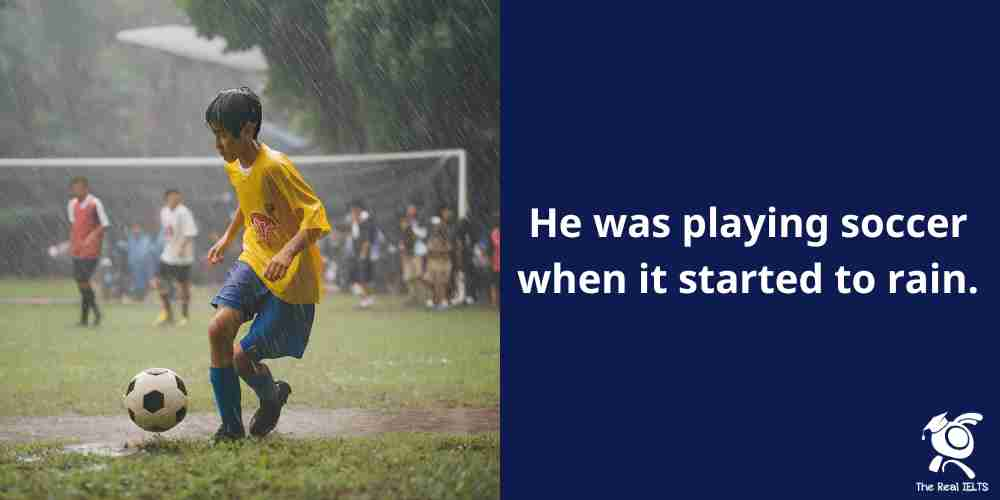

- He was playing soccer when it started to rain.
- We did our homework before dinner.
- I have already eaten, so I’m not hungry.
- They are not sure what to do next.
- She can speak three languages fluently.
- He had finished his project by the deadline.
- You must take care of your health.
- I will see you later this evening.
- We have been working on the new design all week.
- She should have called before coming over.
Dạng phủ định
Bài tập 71-80: Chuyển câu sau sang phủ định
- They have not completed the task.
- She is not coming to the party.
- He cannot ride a bike.
- I will not help you.
- We should not finish this.
- She has not visited Japan.
- He must not go home.
- They are not waiting for us.
- You cannot borrow my book.
- I would not tell you the truth.
Câu hỏi với trợ động từ
Bài tập 81-90: Đặt câu hỏi với trợ động từ
- Is he watching TV?
- Have they gone to the cinema?
- Can she swim?
- Will you attend the meeting?
- Must he finish the work?
- Should she call her parents?
- Are we playing a game?
- Could they travel to Europe?
- Have you finished your homework?
- Is she going to the store?
Bài tập viết câu hoàn chỉnh
Bài tập 91-100: Viết lại các câu sau với trợ động từ thích hợp
- You do not have to go if you don’t want to.
- They are not coming to the event.
- She can play the piano beautifully.
- He has never been so surprised.
- We will meet at the coffee shop.
- I must finish this before the deadline.
- You should ask for help if you need it.
- They would not go without telling us.
- She could have won the race.
- I was watching the movie last night.
Bài tập khác
I. Trợ động từ “be” (Dùng để tạo thì tiếp diễn và câu bị động)
Bài tập 1-40: Câu sử dụng “be” trong thì tiếp diễn và bị động
- I am reading a book right now.
- She is cooking dinner for the family.
- We are going to the park later.
- They are studying for their exams.
- He is watching TV in the living room.
- The car is being washed by my brother.
- The letters are being sent to the office.
- The report is being written by the team.
- The house is being renovated this summer.
- The project is being completed ahead of schedule.
- Are you coming to the party?
- Is she working on her presentation?
- Are they preparing for the test?
- Is the document being printed now?
- Are the students being taught well?
- I am not sleeping yet.
- She is not attending the meeting today.
- They are not playing soccer in the park.
- The book is not being read by anyone.
- The house is not being cleaned at the moment.
- I was running when it started to rain.
- She was talking to her friend when I saw her.
- They were playing basketball after school.
- The letter was being typed by the secretary.
- The documents were being reviewed by the manager.
- Was he working on the report last night?
- Were they studying together at the library?
- Was the cake being baked by her mother?
- Were the papers being signed this morning?
- Were the houses being built last year?
- He wasn’t speaking clearly in the meeting.
- They weren’t studying when the teacher entered.
- The car wasn’t being repaired last week.
- The packages weren’t being delivered on time.
- The students weren’t being supervised by the teacher.
- I am being trained for a new job.
- She is being promoted to a higher position.
- The company is being restructured next year.
- The new policy is being discussed by the board.
- The plan is being revised for approval.
II. Trợ động từ “do” (Dùng trong câu hỏi, câu phủ định và nhấn mạnh)
Bài tập 41-70: Câu sử dụng “do” trong câu hỏi, phủ định, và nhấn mạnh
- Do you like watching movies?
- Does she speak French fluently?
- Do they go to the gym every day?
- Does he work late at the office?
- Do you need any help with your homework?
- I do not understand the question.
- She does not enjoy reading novels.
- They do not have any plans for the weekend.
- He does not play football anymore.
- We do not eat out often.
- Do you not want to come with us?
- Does he not know about the meeting?
- Do they not agree with the decision?
- I do not believe what he said.
- She does not feel well today.
- I do believe you are right!
- He does know how to solve the problem!
- They do understand the instructions clearly.
- She does want to participate in the event!
- We do need to finish this by tomorrow.
- Did you finish the project on time?
- Did she call you yesterday?
- Did they arrive at the airport safely?
- Did he explain the situation clearly?
- Did we miss the deadline for the report?
- I did not see her at the party.
- She did not go to the meeting.
- They did not send the email.
- He did not know about the event.
- We did not watch the movie last night.
III. Trợ động từ “have” (Dùng để tạo thì hoàn thành)
Bài tập 71-100: Câu sử dụng “have” trong thì hoàn thành
- I have finished my homework.
- She has traveled to Japan three times.
- We have lived in this city for five years.
- They have already eaten dinner.
- He has just left the office.
- Have you ever visited Paris?
- Has she completed the assignment?
- Have they received the package yet?
- Has he passed the exam?
- Have we booked the hotel for the trip?
- I have not met her before.
- She has not seen that movie yet.
- They have not finished the report.
- He has not called me back.
- We have not decided on the date yet.
- Have you not received the invitation?
- Has he not told you about the change?
- Have they not started the meeting?
- I have not heard anything from them.
- She has not visited the museum before.
- I had finished my work before the deadline.
- She had already gone home when I arrived.
- They had left by the time we got there.
- He had never been to New York before.
- We had lived in the city for ten years before moving.
- Had you completed the task before he asked?
- Had she already eaten when you called her?
- Had they left by the time the event started?
- Had he visited the office before the meeting?
- Had we booked the tickets in advance?
Đáp án
I. Trợ động từ “be” (Thì tiếp diễn và câu bị động)
Bài tập 1-40:
- am
- is
- are
- are
- is
- is being
- are being
- is being
- is being
- is being
- Are
- Is
- Are
- Is being
- Are being
- am not
- is not
- are not
- is not being
- is not being
- was
- was
- were
- was being
- were being
- Was
- Were
- Was being
- Were being
- Were being
- wasn’t
- weren’t
- wasn’t being
- weren’t being
- weren’t being
- am being
- is being
- is being
- is being
- is being
II. Trợ động từ “do” (Câu hỏi, phủ định, và nhấn mạnh)
Bài tập 41-70:
- Do
- Does
- Do
- Does
- Do
- do not
- does not
- do not
- does not
- do not
- Do not
- Does not
- Do not
- do not
- does not
- do believe
- does know
- do understand
- does want
- do need
- Did
- Did
- Did
- Did
- Did
- did not
- did not
- did not
- did not
- did not
III. Trợ động từ “have” (Thì hoàn thành)
Bài tập 71-100:
- have finished
- has traveled
- have lived
- have eaten
- has left
- Have visited
- Has completed
- Have received
- Has passed
- Have booked
- have not met
- has not seen
- have not finished
- has not called
- have not decided
- Have not received
- Has not told
- Have not started
- have not heard
- has not visited
- had finished
- had gone
- had left
- had been
- had lived
- Had completed
- Had eaten
- Had left
- Had visited
- Had booked
Trợ động từ là một phần không thể thiếu trong việc nắm vững tiếng Anh. Hiểu rõ và biết cách sử dụng trợ động từ đúng cách sẽ giúp bạn nâng cao kỹ năng tiếng Anh một cách toàn diện.




